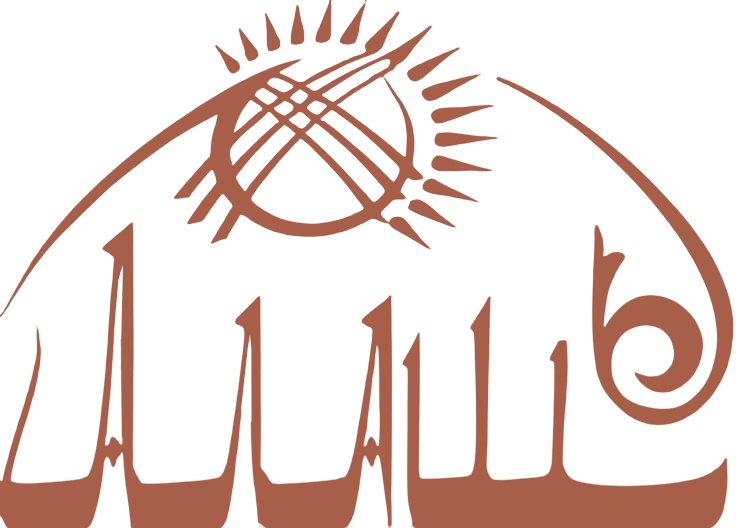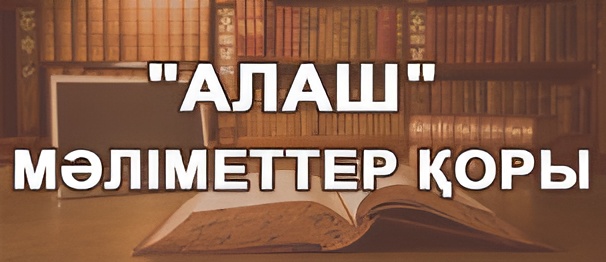
Shakarim Kudaiberdyuly was a Kazakh poet, educator-democrat, composer.
Shakarim was born in the village of Karaul of the Abay district of East Kazakhstan oblast on July 24, 1858. He was brought up by his uncle Abai Kunanbayev. He received all-round education, studied eastern and western classical literature, knew Arabic, Persian, Turkic and Russian languages. The first poem was written at age of 7. A great place in the work of Shakarim was occupied with educational ideas, events in the life of the Kazakh society at the turn of the 19th and 20th centuries. Shakarim Kudaiberdyuly devoted his whole life to enlightenment activity. He appealed to the youth to learn from Abai in the poem “Let’s Young Find Our Way” (1977). He tried himself to imitate him, described the life of a man in the works “About Youth”, “About Old Age”. On the advice of Abai he wrote the poem “Kalkaman-Mamyr” in 1888. In 1905-1906, after the Hajj, he wrote the book “Muslims”, in which he sharply criticized the priests.
Shakarim extracted your inspiration and strength against stagnation and patriarchal character from the Russian culture and culture of other peoples. Shakarim contributed to the Kazakh written literature a lot, he replenished it with his translations of works of verbal creativity of poets-improvisers, he composed melodies to his poems. He created highly artistic translations of Alexander Pushkin, L. Tolstoy. He considered himself as follower of Leo Tolstoy. He often corresponded with him. Shakarim constantly followed the democratic, humanistic and enlightening ideals. He was solidarity with the free-thinking Kazakh intelligentsia of the early twentieth century.
Shakarim participated in the national liberation movement “Alash”. He is not accepted socialist ideology. Shakarim grasped categorically a state built on strength. In these conditions, the poet decided to write poetry about new life ,unacceptable for him . Shakarim chosed to retire. Since 1922, the poet lived in perfect solitude in Shakpan in the mountains of Chingistau.
According to the denunciation of enemies Shakarim was unreasonably accused of links with kulak-bey elements and he was arrested. He was released for lack of evidence. On October 2, 1931, he was secretly shot without trial and investigation. In 1958 he was posthumously rehabilitated.



